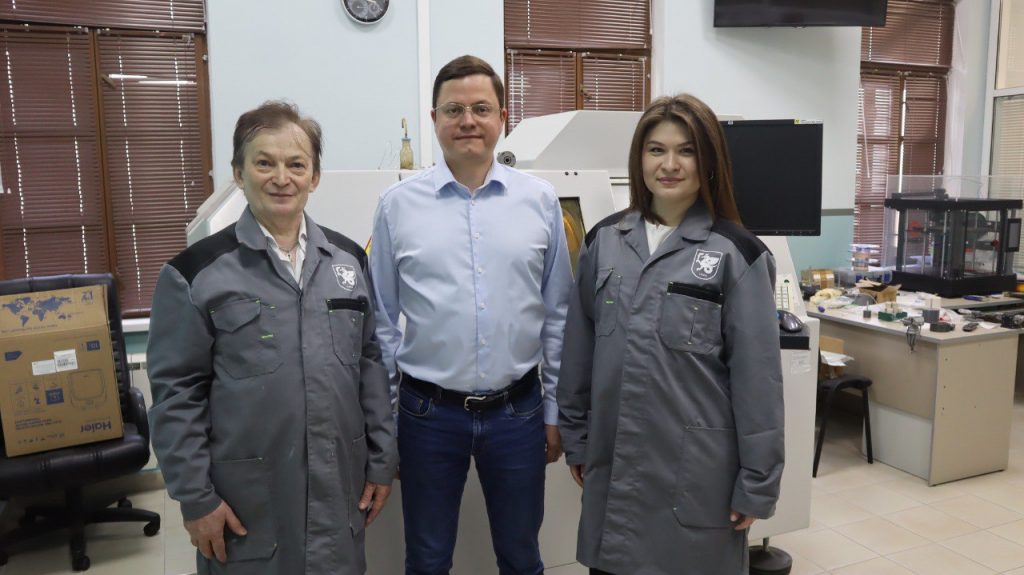KFU researchers study initiators of heavy oil oxidation

They are intended for in-situ combustion.
The technology of in-situ combustion for heavy oil production has great potential compared to other thermal methods of enhanced oil recovery, including steam injection, because it can be used for fields with different depths. However, there are a number of technological challenges affecting the efficiency of its application. One of them is related to initiation of heavy oil combustion process in reservoir conditions.
A recent study tested various classes of organic compounds (peroxides, fatty carboxylic acids, natural oils) as potential initiators for in-situ combustion. The proposed initiators are technologically accessible and cost-effective, while allowing to reduce the onset temperature of heavy oil oxidation. The research results were published in Energy & Fuels.
“We have shown that oleic acid is the most effective initiator in porous media, and its application leads to a decrease in the temperature of low-temperature oxidation of heavy oil by several tens of degrees, which is very important in reservoir conditions, where it is difficult to regulate the temperature at a depth of hundreds of meters or several kilometers. The obtained results have practical significance for application in the oil industry,” said Seyedsaeed Mehrabi-Kalajahi, Junior Research Associate of the Laboratory of Enhanced Oil Recovery.
According to the results, the use of initiators led to an improvement in the viscosity-temperature characteristics of the resulting oil, namely it reduced the viscosity of oil and increased the light fractions in its composition against the background of a decrease in high molecular weight components (resins and asphaltenes).
“As part of Center for Liquid Hydrocarbons’ enhanced oil recovery team, we are conducting systematic studies of in-situ combustion technology for its successful use in the development of fields of hard-to-recover hydrocarbons, the share of which occupies a major place in the total hydrocarbon reserves in the world and Russia. We study how its realization depends on the properties and composition of oil, rock, and geology of the field. We are also developing specialized chemical reagents to improve the efficiency of the technology. Oil oxidation initiators are one of them. This is a little-studied area, but it is closely related to the technological and economic efficiency of heavy oil production,” explains Chair of the Department of Petroleum Engineering Mikhail Varfolomeev.
Studies of the most promising initiators will continue in a combustion tube.
“The application of heavy oil oxidation initiators has been investigated on a laboratory scale. We are currently conducting additional research in this area to cover some aspects that currently remain unclear,” adds Anastasia Mikhailova, Senior Research Associate of the Laboratory of Enhanced Oil Recovery.

